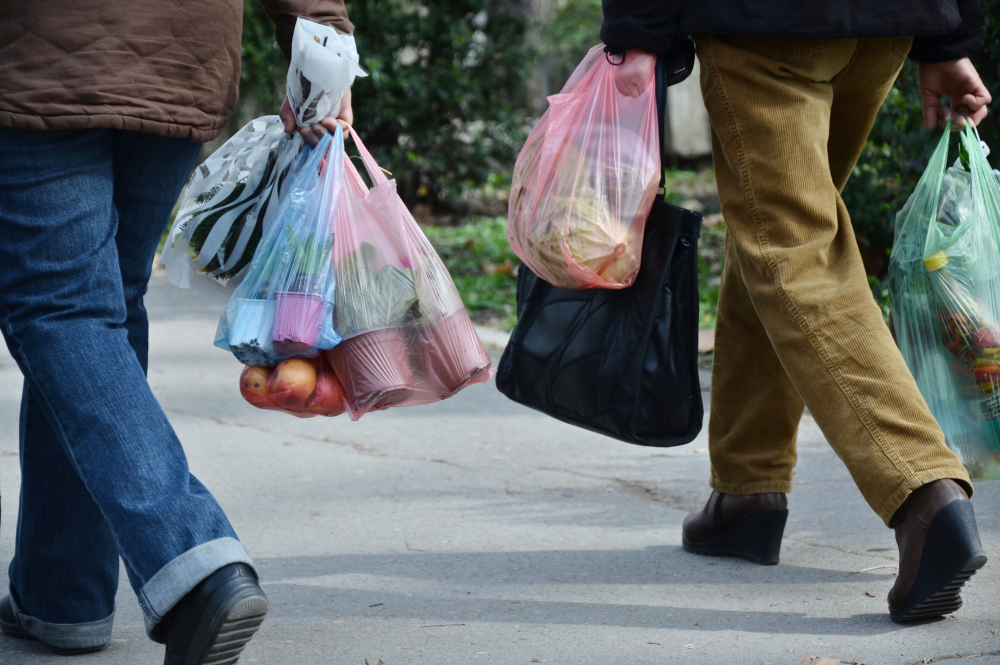Environmental Impact of the Plastic Bag Levy: A Closer Look

In 2015, a surcharge of 5p was placed on single-use plastic carrier bags in England. The focus was to reduce plastic bag usage and instead promote recycling. Has this seemingly small but everyday change made a positive impact on the environment?
The Environmental Cost of Plastic Bags
Made of polyethylene plastic, plastic bags are non-biodegradable and therefore most often end up in landfill. It takes on average, 20–500 years for plastic bags to degrade in landfills, with certain types taking up to 1,000 years. Their light weight makes recycling difficult, as they often float away, complicating waste management efforts.
Plastic bags also pose a serious threat to aquatic ecosystems and marine life, frequently ending up in oceans and rivers. The UN forecasts that by 2050, plastic will outweigh fish in the ocean.
Animals are endangered either through entanglement or ingestion, often mistaking plastic bags for food, leading to intestinal blockages. Furthermore, ingested plastic can release toxins, such as flame retardants, into the environment, harming habitats and compromising their ability to absorb carbon dioxide.
It’s not just animals that these bags pose a risk to; it’s also human health. Microplastics are consumed by people through food and the air, which also contain endocrine disruptors, leading to negative health effects.
Additionally, these types of bags are created using non-renewable resources, with manufacturing processes being energy-intensive, further contributing to emissions. To make matters worse, the bags produce greenhouse gases such as methane and ethylene.
The Charge for Change
The primary goal of the surcharge on lightweight plastic bags was to limit their use, to decrease plastic consumption and reduce environmental harm.
Research shows that since the plastic bag surcharge was introduced, there has been a reduction in usage of more than seven billion plastic bags, with bag usage at major UK supermarkets dropping by over 98%.1
To further aid the bid to reduce plastic bag usage, in 2021 the charge was increased to a minimum of 10p per bag and included all businesses, regardless of size or number of employees.
It has also made consumers aware of the negative impacts of plastic bag usage, encouraging them to get into the habit of taking reusable bags with them when shopping, to reuse at checkout. This has resulted in consumers only purchasing on average two plastic bags a year.2
Community Impact
Retailers employing over 250 individuals are required to report both the quantity of single-use bags sold and how the net proceeds are utilised. A significant number of these retailers have contributed the proceeds to various commendable causes, including environmental initiatives, educational programs, health services, and charitable organisations.
Paper Bags
Following the success of the plastic bag ‘tax’, all businesses must now charge a minimum of 10p for paper bags, regardless of their size or number of employees. This encourages the reuse of bags and reduces litter and waste.
Outlook
To achieve an even greater reduction in plastic bag usage and overall plastic use, it is essential to implement waste prevention strategies, prioritising reuse wherever feasible. This, paired with the ban on single-use plastic straws, cotton buds, and cutlery, will significantly contribute to reducing plastic pollution.
1 Gov
2 BBC


